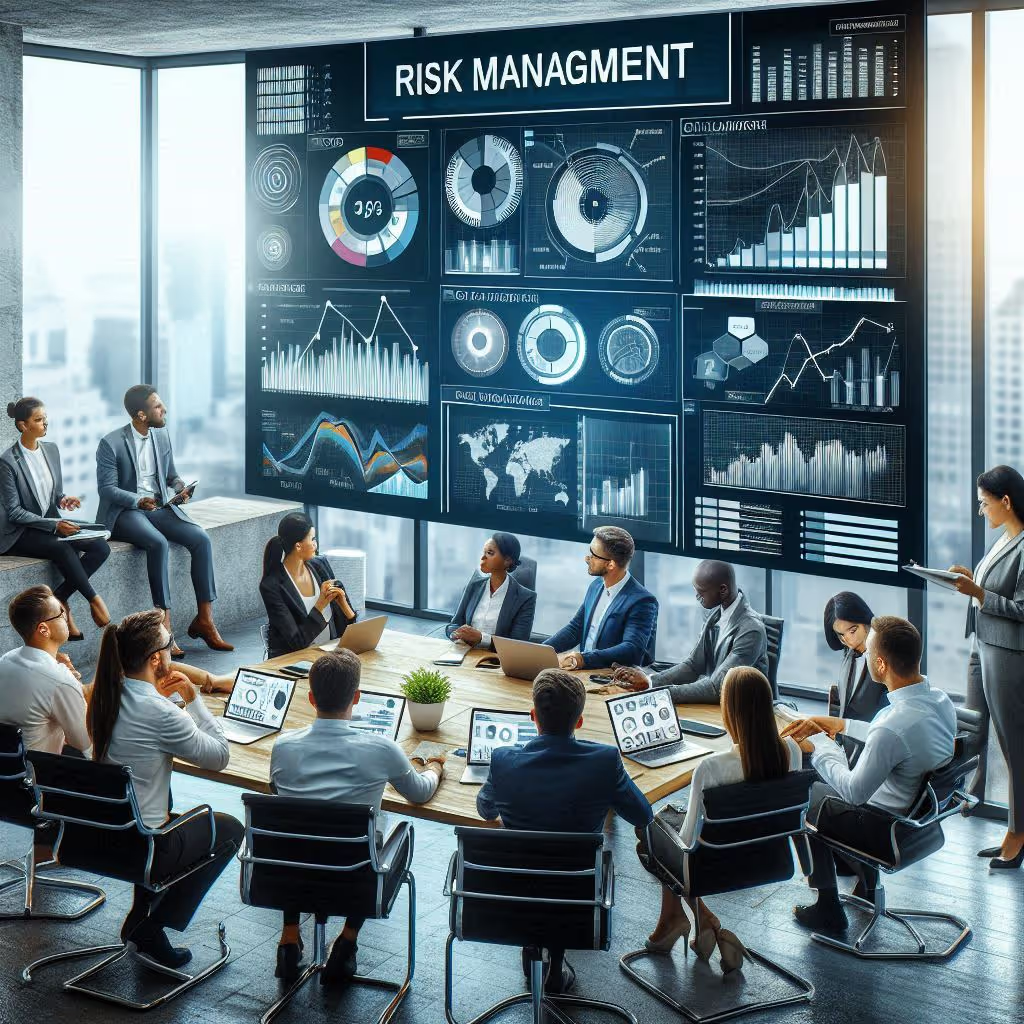Importance of Risk Mitigation
I'm sure you know by now that Risk Mitigation is important. But let us explore the reasons why it is as important as made out to be:
Protects Assets and Resources- Ensures the safety of physical, financial, and human resources. For example, securing sensitive customer data against cyber threats protects your reputation and finances.
Enhances Decision-Making- Provides a framework for making informed decisions by understanding potential risks. For instance, knowing the financial risks of a project helps you allocate resources more effectively and understand importance of risk mitigation.
Promotes Business Continuity- Helps maintain operations during and after a risk event. Imagine a supply chain disruption... Having a risk mitigation plan ensures minimal impact on production.
Builds Stakeholder Confidence- Demonstrates a commitment to managing risks, building trust among investors, customers, and employees. When stakeholders see you proactively working on risk management, they feel more secure in their investments.
Risk mitigation is about being prepared and taking deliberate steps to manage uncertainties, ensuring potential risks do not derail your goals and objectives. Embrace it to protect your business and drive sustainable success, Taking you that much closer to perfection and understand importance of risk mitigation.
Frequently Asked Questions:
What is risk mitigation?
It is the process of recognising possible hazards and taking action to lessen their chance or impact.
Why is risk mitigation important for businesses?
It assists in safeguarding assets, operations, and reputation against possible dangers that can result in operational or financial harm.
How does risk mitigation improve decision-making?
By understanding potential risks, leaders can make more informed and proactive business decisions.
Can risk mitigation save costs?
Yes, preventing problems before they occur is often less expensive than dealing with their consequences.
How does risk mitigation affect business continuity?
It ensures that essential operations can continue even when disruptions occur.
Does risk mitigation help with compliance?
Yes, companies can avoid fines and legal problems by controlling regulatory risks.
How does risk mitigation protect a company’s reputation?
It reduces the chances of public relations crises, product failures, or service breakdowns.
Can risk mitigation improve employee confidence?
Yes, knowing there are safeguards in place makes employees feel secure and focused.
How does risk mitigation impact long-term growth?
It creates a stable foundation for expansion by minimizing uncertainties.
Is risk mitigation relevant for all industries?
Yes, every industry faces risks, and proactive mitigation benefits organizations of all sizes and sectors.


